Homeless in Switzerland during the pandemic
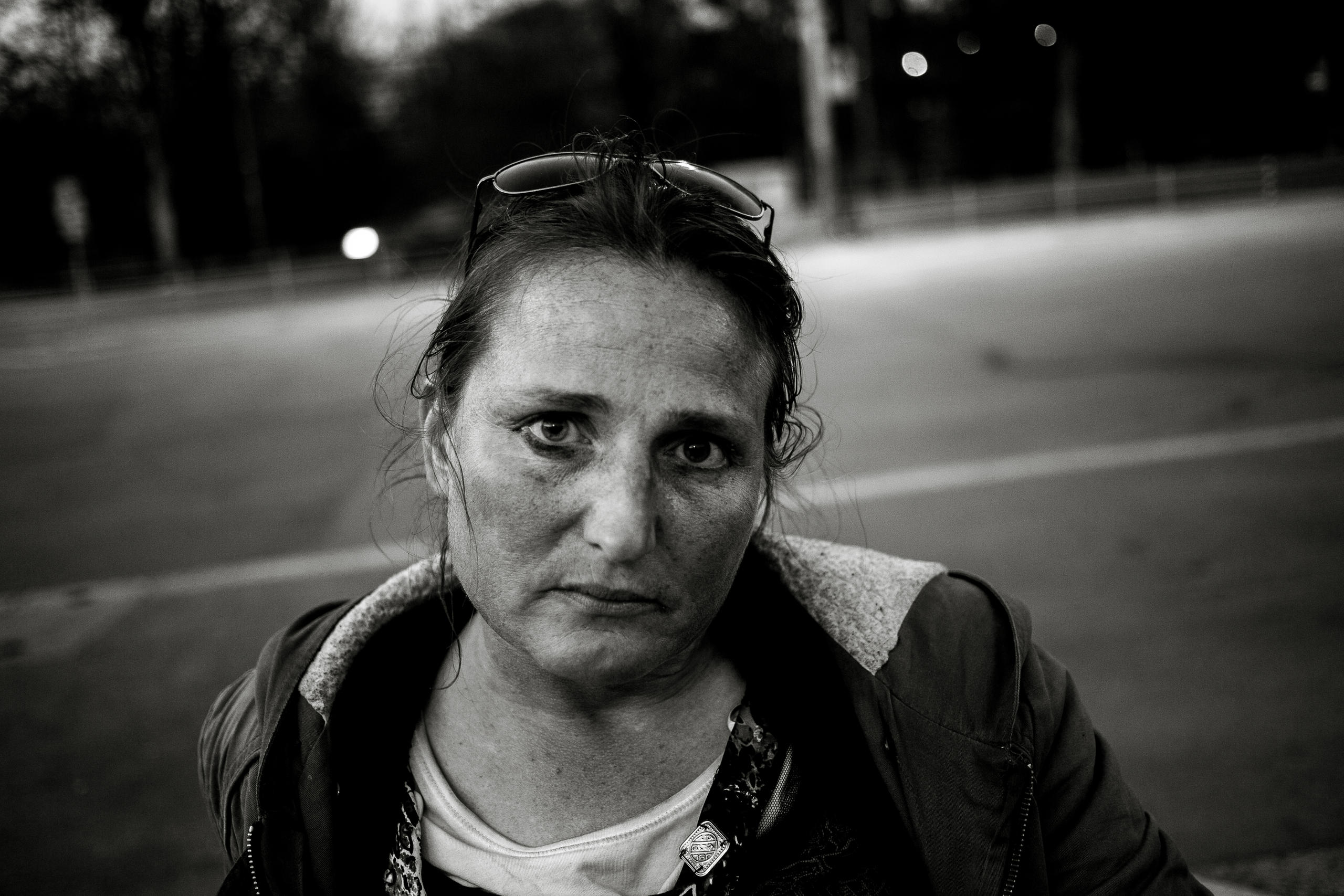
Coronavirus affects businesses, schools, industry - in fact all of us. But what about people on the margins of society? The pandemic has also turned the lives of marginalised people upside down. A report by Klaus Petrus.
There are supposedly 400 such vulnerable people in the city of Bern alone. Just as in the rest of Switzerland, no-one knows the exact figures. People without a permanent home, addicts and sex workers are all affected – less by the pandemic, they say, than by the government imposed counter measures. Some cannot stay at home, even if they want to, because they have no home.
C, 46, two children, jobless, homeless
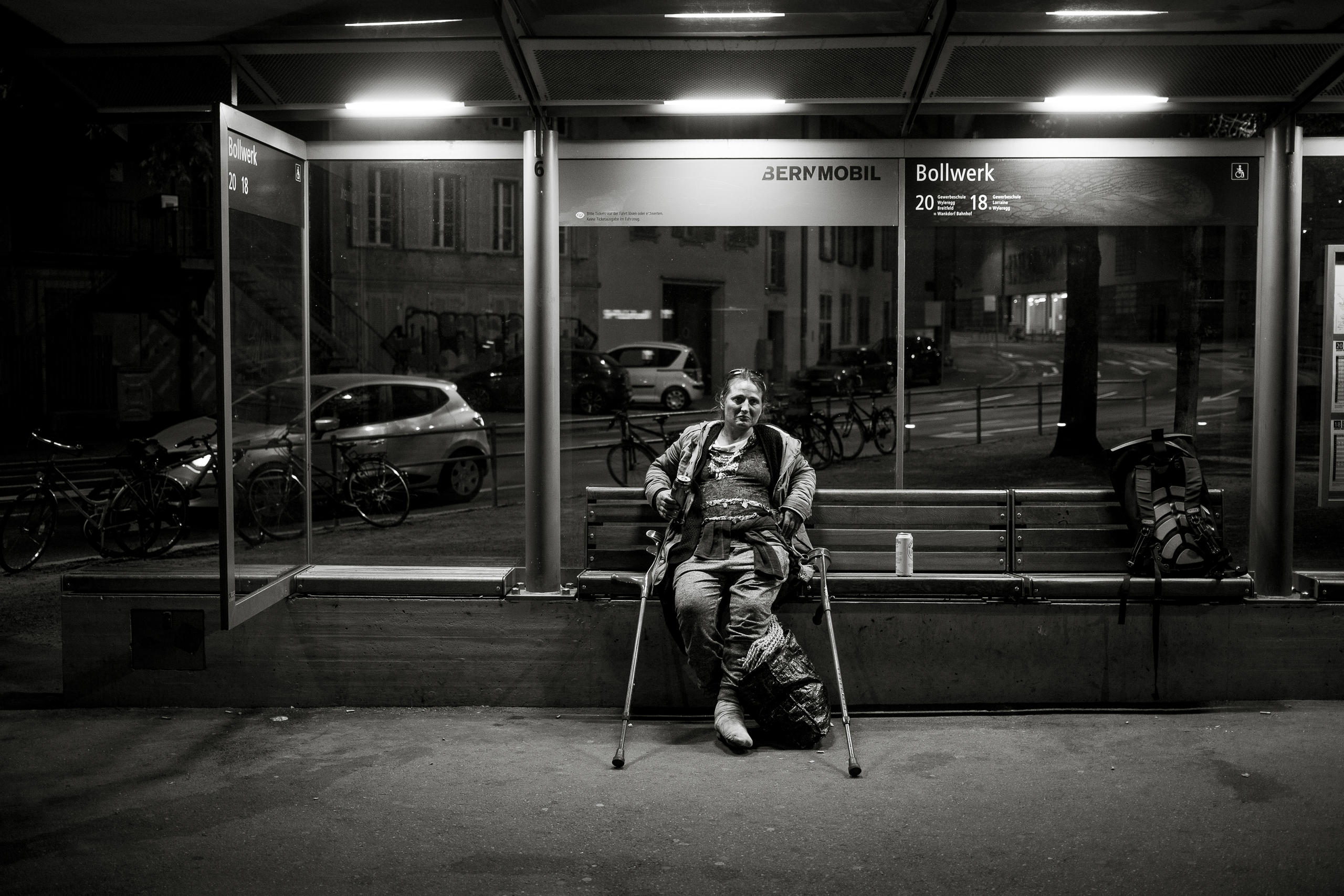
L, 35, one child, jobless, homeless
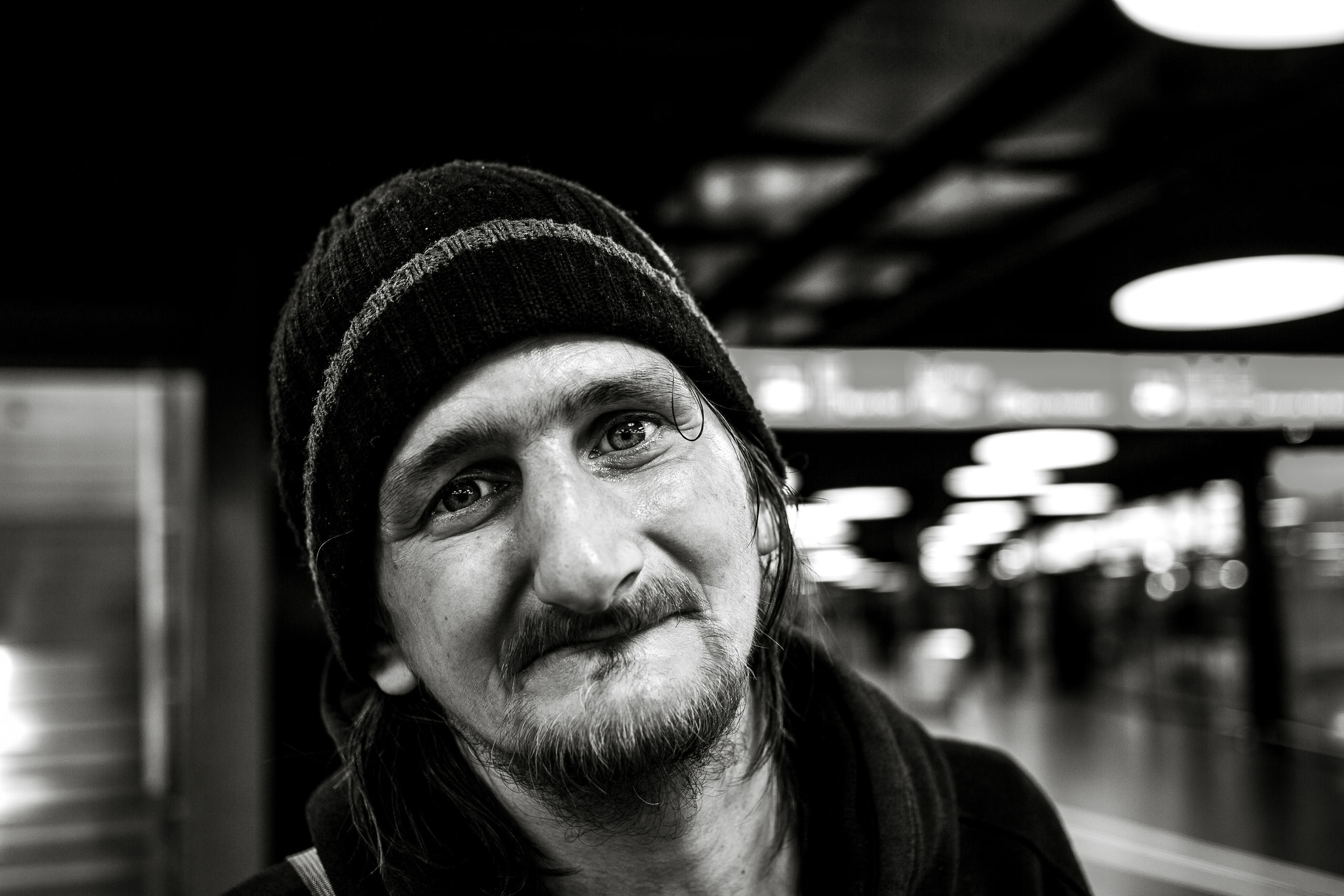
P, 49, three children, sex worker
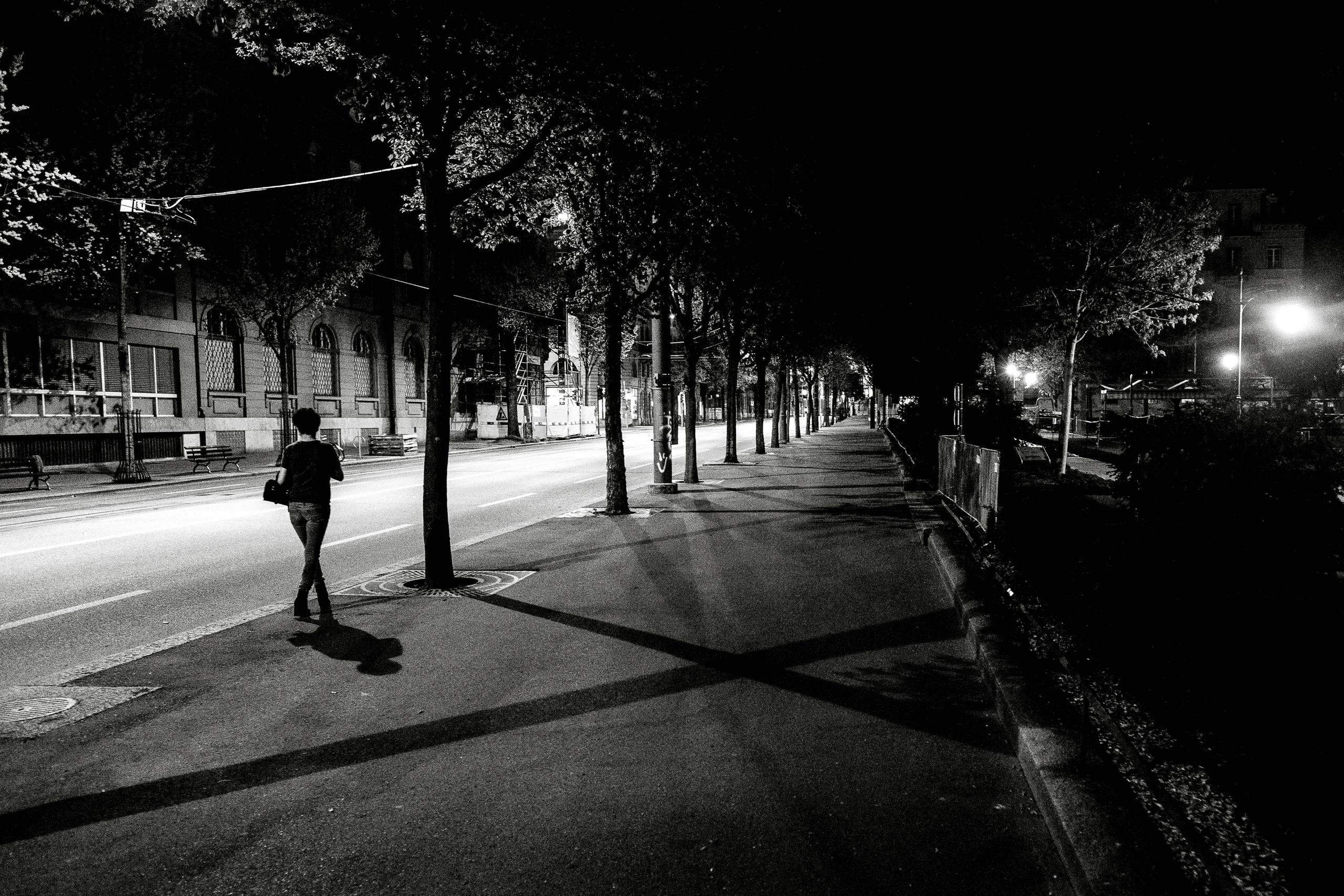
N, 36, jobless, homeless
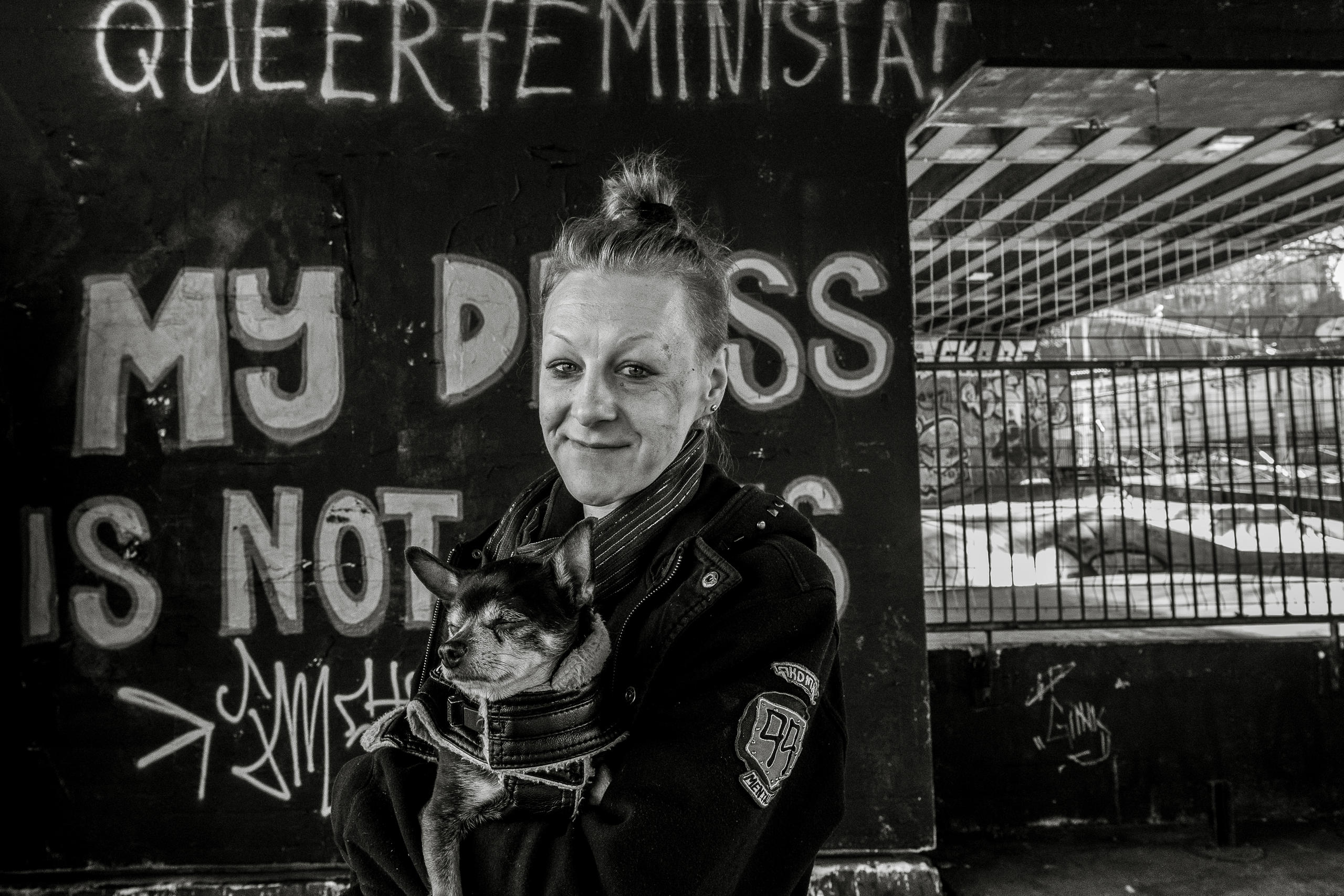
D, 34, jobless, homeless

L, 53, one child, jobless, homeless

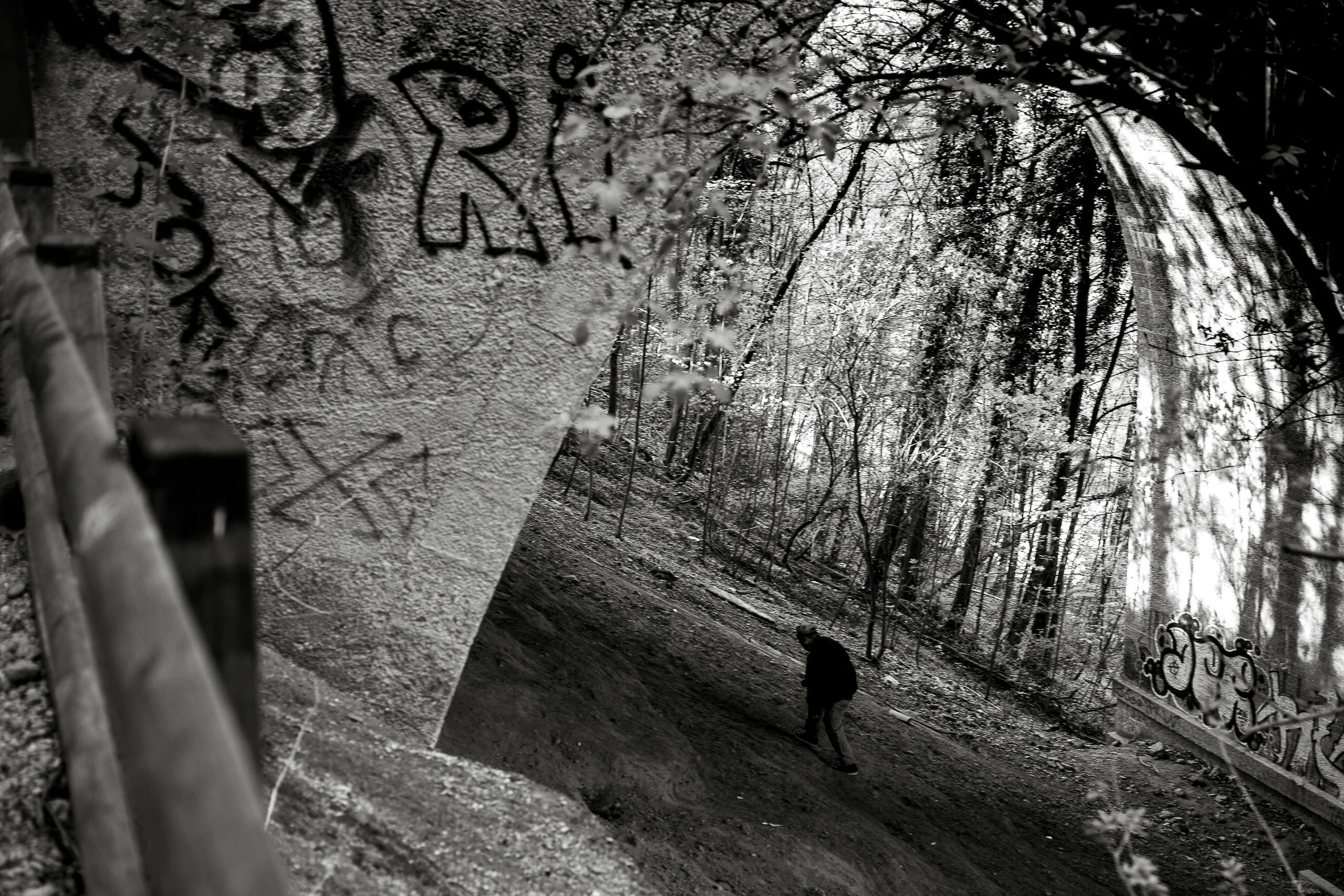
D, 38, addicted for 20 years, jobless, homeless
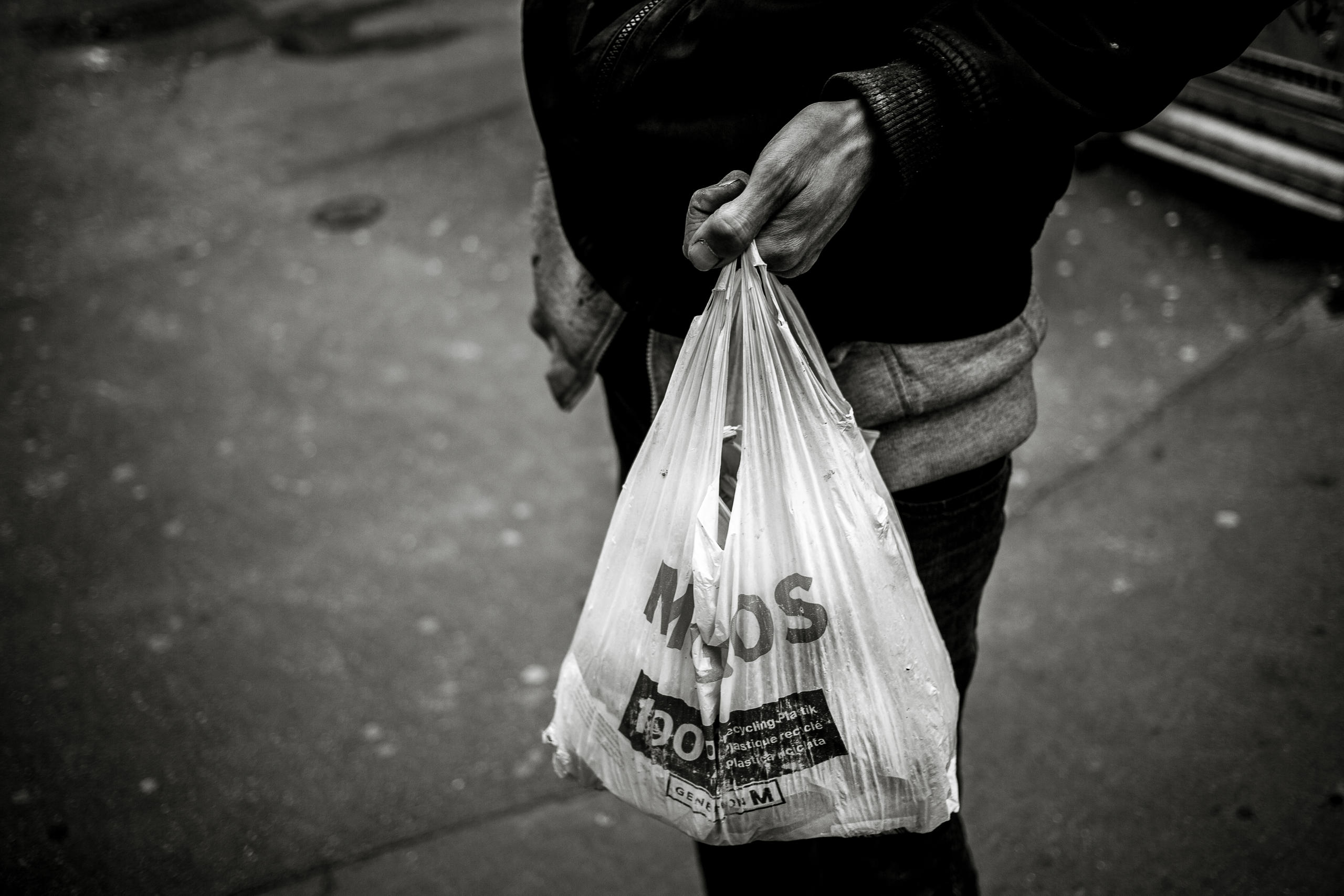
T, 38, jobless, homeless
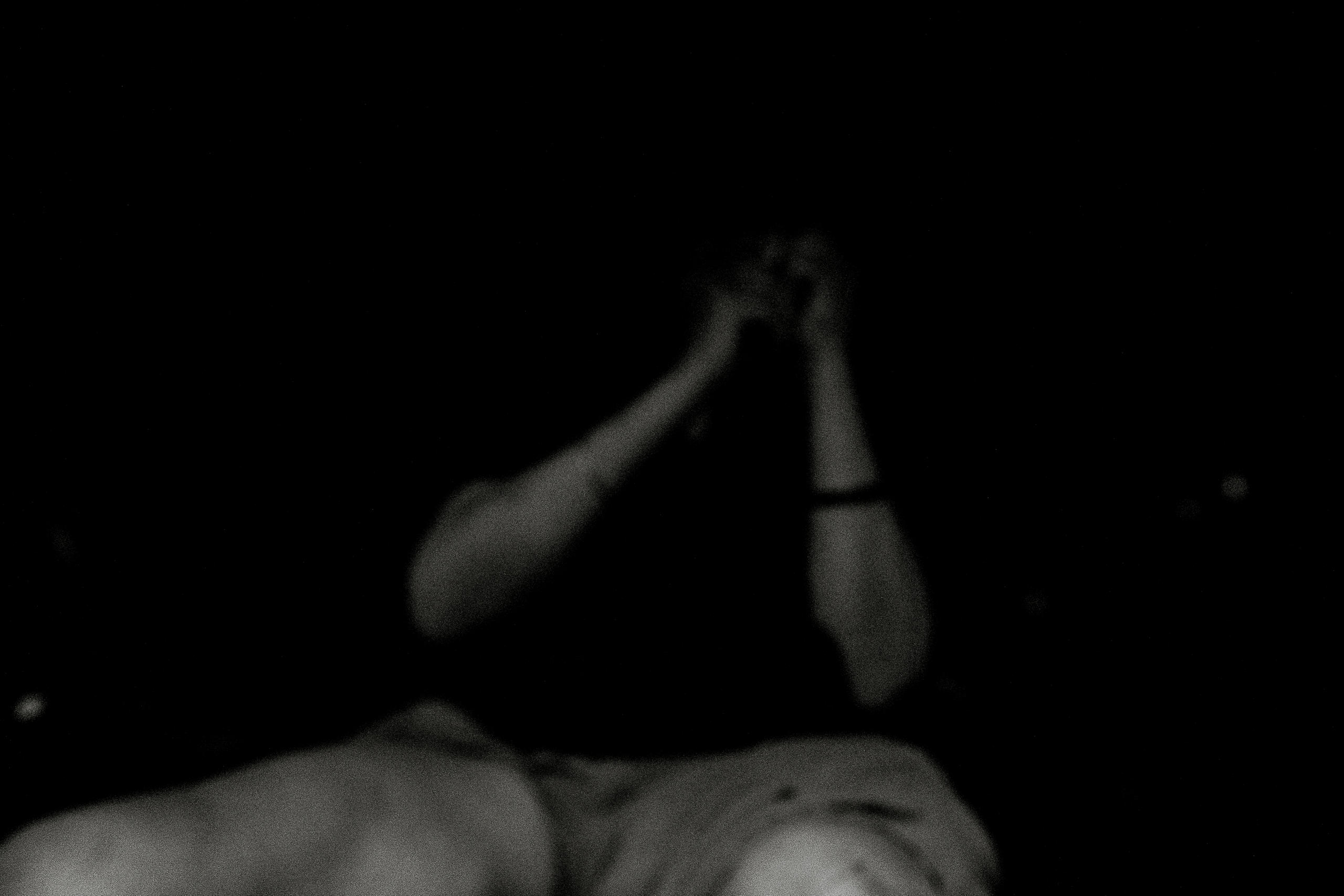
Spaces at emergency sleeping shelters in Swiss cities have been restricted to comply with federal distancing rules. Only one person is permitted to sleep in a four-bed room and two people in rooms with six beds. As a result, people have been turned away from shelters. Various organisations have weighed in to help. Charities and church associations have provided funds to rent hotel rooms, set up containers and convert buildings to make more beds available.
Food services hit
Another unwanted side-effect of the government’s Covid-19 regulations has been disruptions to food services. For example, the organization “Tischlein deck dich” (“Set Your Table”), which distributes surplus food from supermarkets to 20,000 people every week, had to partially discontinue its service because the safety distance between volunteers and beneficiaries could not be maintained when serving food. Many volunteers were at risk from Covid-19 because of their age.
There are to date no reliable statistics on homelessness in Switzerland. The only data available relates to the city of Basel. This is confirmed by Esther Mühlethaler, a research assistant at the FNHW School of Social Work who was involved in the Basel study. Her team is currently working on the first national quantitative survey on homelessness to be conducted and published in 2021.
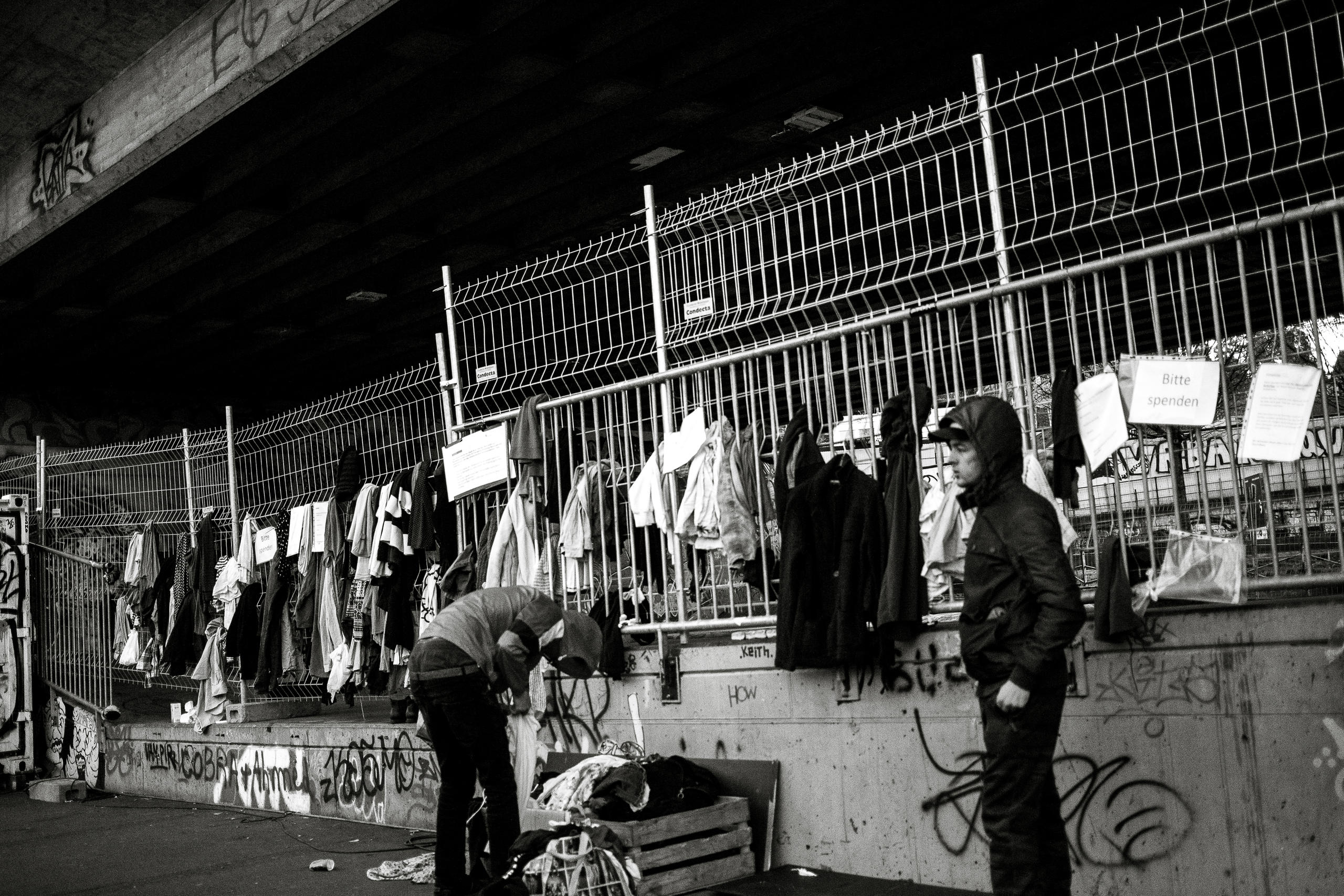
Civil society groups are trying to fill these gaps by offering food in publicly accessible refrigerators or by distributing it in public places. These activities are only possible with financial support. At the end of March, the Catholic Church in canton Bern launched an unprecedented campaign that swiftly provided CHF1 million ($1 million) in emergency aid. Much of the money went to social institutions that help people living in poverty and others on the margins of society.
The dwindling services on offer has also affected the daily structure of people’s lives. Social contact has become limited to mixing with others in alleyways. Meeting areas, contact points and street work are significantly restricted. Many homeless people are in the high-risk group, not so much because of their age, but because of their ailing health. Rahel Gall Azmat, director of the addiction support foundation Contact, fears that fewer drugs will be in circulation. “If drugs are scarce, they tend to be stretched thin, and this can have fatal health consequences – in the worst case, overdose deaths.”
Klaus Petrus works as a freelance photo-journalist and reporter. He is interested in the themes of social conflicts, armed conflict, migration and social exclusion. He reports for national and international newspapers and magazines from Switzerland, the Middle East, the Balkans and sub-Saharan Africa. Filmmaker Konstantin Flemig interviewed Petrus about working in crisis areas in his book “Everyday in Hell”.

In compliance with the JTI standards
More: SWI swissinfo.ch certified by the Journalism Trust Initiative









You can find an overview of ongoing debates with our journalists here . Please join us!
If you want to start a conversation about a topic raised in this article or want to report factual errors, email us at english@swissinfo.ch.